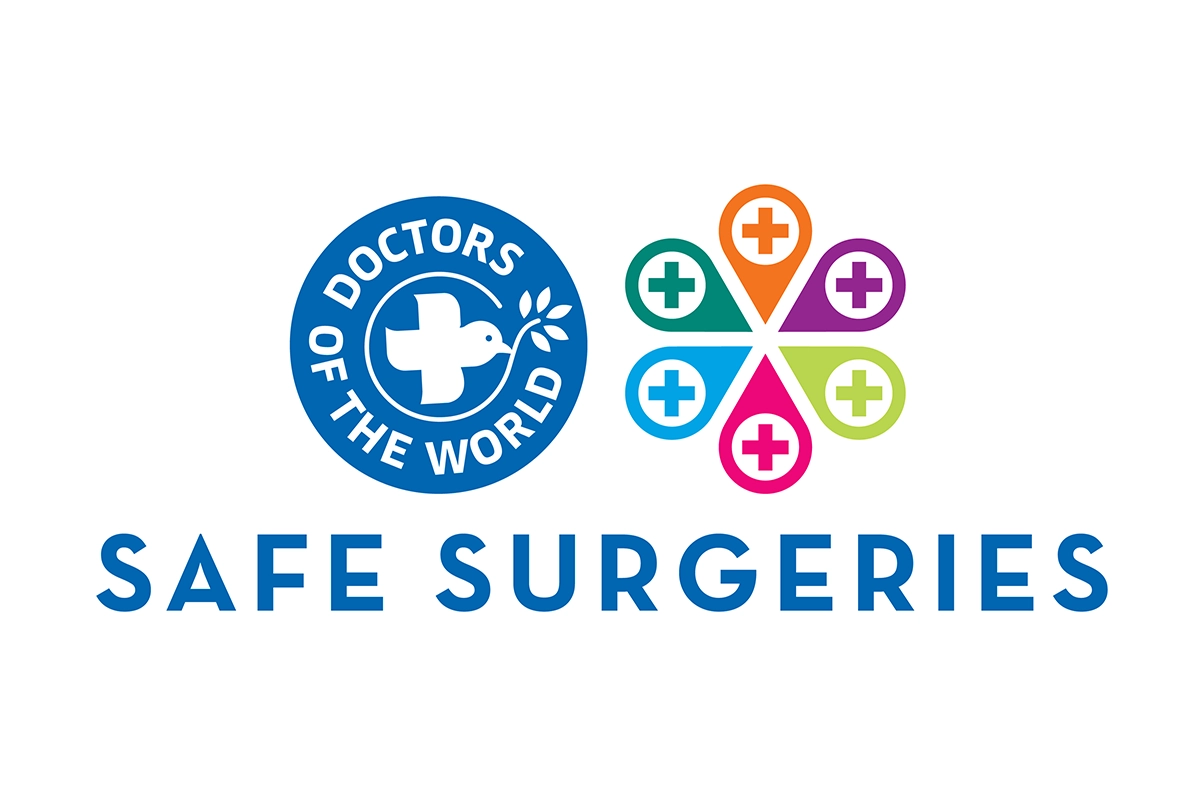We use cookies to help provide you with the best possible online experience.
By using this site, you agree that we may store and access cookies on your device. Cookie policy.
Cookie settings.
Functional Cookies
Functional Cookies are enabled by default at all times so that we can save your preferences for cookie settings and ensure site works and delivers best experience.
3rd Party Cookies
This website uses Google Analytics to collect anonymous information such as the number of visitors to the site, and the most popular pages.
Keeping this cookie enabled helps us to improve our website.
Coronavirus: Self-Isolation Guidance
The self Isolation guidance has changed.
You must self-isolate for a minimum of 7 days if you have any of:
- high temperature – this means you feel hot to touch on your chest or back (you do not need to measure your temperature)
- new, continuous cough – this means coughing a lot for more than an hour, or 3 or more coughing episodes in 24 hours (if you usually have a cough, it may be worse than usual)
- loss or change to your sense of smell or taste – this means you've noticed you cannot smell or taste anything, or things smell or taste different to normal

How Long to Self-Isolate
Follow this advice if:
- you have any symptoms of coronavirus (COVID-19)
- you're waiting for a coronavirus test result
- you've tested positive (you have coronavirus)
- you live with someone who has symptoms, is waiting for a test result or has tested positive
- someone in your support bubble has symptoms, is waiting for a test result or has tested positive
What is a support bubble?
A support bubble is where someone who lives alone (or just with their children) can meet people from 1 other household.
Find out more about meeting people from outside your household on GOV.UK.
There is separate advice if you're told by NHS Test and Trace that you've been in contact with a person with coronavirus.
If You Have Symptoms of Coronavirus
If you have symptoms of coronavirus, self-isolate for at least 7 days from when your symptoms started.
You can stop self-isolating after 7 days if either:
- your symptoms have gone
- you just have a cough or changes to your sense of smell or taste – these symptoms can last for weeks after the infection has gone
Keep self-isolating if you still have any of these symptoms after 7 days:
- a high temperature or feeling hot and shivery
- a runny nose or sneezing
- feeling or being sick
- diarrhoea
- loss of appetite
Only stop self-isolating when these symptoms have gone.
If you have diarrhoea or you’re being sick, stay at home until 48 hours after they've stopped.
You may be able to stop self-isolating earlier than 7 days if you get a negative test result (you do not have coronavirus).
Find out what your coronavirus test result means.
If You Do Not Have Symptoms of Coronavirus
Self-isolate for 14 days if:
- you live with someone who has symptoms, has tested positive or is waiting for a test result
- someone in your support bubble has symptoms, has tested positive or is waiting for a test result
If you live with them, the 14 days starts from when the first person in your home started having symptoms.
If they are in your support bubble, the 14 days starts from the last time you saw the person who has symptoms.
This is because it can take 14 days for symptoms to appear.
You can stop self-isolating after 14 days if you do not get any symptoms.
If you get symptoms of coronavirus, self-isolate for at least 7 days from when they started and ask for a coronavirus test. This might mean you're self-isolating for longer than 14 days.
You may be able to stop earlier than 14 days if everyone with symptoms gets a negative test result.
Find out what your coronavirus test result means.
What To Do After You Stop Self-Isolating
You can leave your home when you stop self-isolating.
Follow the general advice about social distancing, such as staying at least 2 metres (3 steps) away from other people.
If you're at high risk from coronavirus (clinically extremely vulnerable), follow the advice for people at high risk from coronavirus.
If you're a health or care worker, check with your employer before going back to work.

